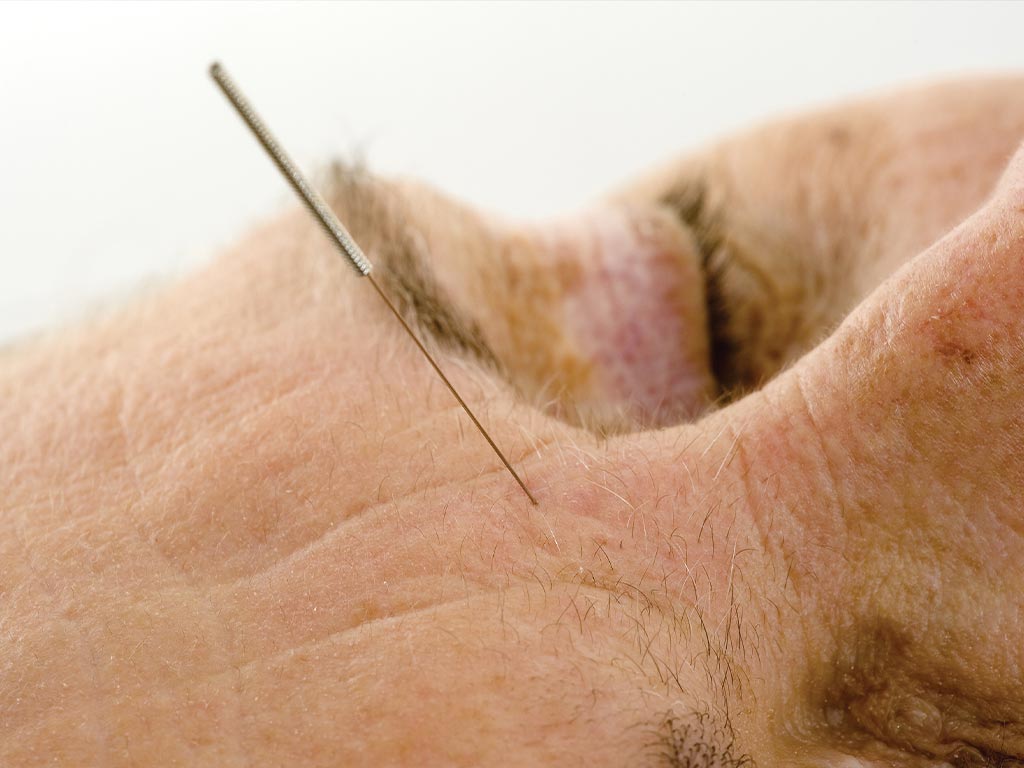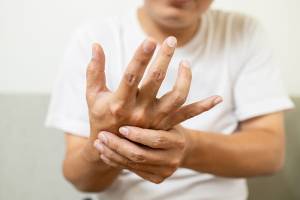By Kathleen Mulroy
An increasing number of people are embracing holistic health and well-being practices. Still, many skeptics prefer traditional western medicine to treat their bodily and spiritual ills.
I confess I used to be one of the scoffers, until I experienced the benefits of a couple of holistic health practices for myself.
Practitioners and followers of holistic health and well-being believe if someone has imbalances in the body, mind, or spirit, these imbalances can negatively affect the person’s overall health. It’s important to look at the root causes of an illness, rather than just stopping or minimizing the symptoms.
First, a practitioner will analyze all aspects of a patient’s life and will use a wide variety of medical and psychological therapies to treat the physical or emotional illness.
Acupuncture
Acupuncture is an alternative therapy that used to be considered of dubious value but is now largely accepted in the western medical community. I admit to finding it hard to believe—despite the growing evidence in its favor—that sticking needles in my body could possibly be helpful.
After months of elbow pain caused by repetitive motion, however, I’d exhausted the regular medical avenue. A friend recommended I try acupuncture, and I reluctantly agreed.
After three treatments with a certified acupuncturist, my pain was greatly diminished. Now I’m a believer!
Several holistic health and well-being practices are also used in psychology and counseling. I had never taken much stock in these, but several years ago, my Idaho therapist suggested I try something called EFT for a past trauma. I decided it might be worth exploring.
Balance Disrupted Energy
EFT tapping is an alternative acupressure therapy treatment used to restore balance to a person’s “disrupted energy.” It’s been an authorized treatment for war veterans with PTSD and has demonstrated some benefits as a treatment for anxiety, depression, physical pain, and insomnia. Of course, it might not help everyone, but I feel that it was useful for me.
Practitioners of holistic health can include doctors of osteopathy, naturopathic and homeopathic doctors, and chiropractors. Even medical doctors sometimes suggest holistic practices for their patients. These might include massage, acupuncture, nutritional counseling, and special exercises. Psychotherapy, relationship, or spiritual counseling might also be recommended.
Full Circle Natural Medical Clinic in Missoula, Mont., offers an area of holistic treatment called “Regenerative Medicine,” which they say rejuvenates “body function and tissues” via injections of a variety of hormones and natural substances. Blue Heron Holistic Health in Boise, Idaho, takes a different approach, using astrology, Chinese Medicine, and detox teas, among other strategies, to improve clients’ health and well-being.
Life Assessments
Some gerontologists and other medical practitioners are using aspects of holistic health and well-being when looking at treatment options for older adults’ illnesses and disabilities. Since a gerontologist’s goal is to keep seniors as active, healthy, happy, and engaged with their community as long they possibly can, some practitioners don’t want to rule out potentially beneficial alternative therapies. They might ask the patient to complete a Holistic Quality of Life assessment, which can be an important aspect of geriatric care management.
This assessment looks at the elderly patient’s overall function, living situation, social support, and various aspects of health, needs, and desires. It can help a medical practitioner work with a patient to improve a sense of well-being, productivity, and quality everyday physical, emotional, and spiritual experiences.
Other assessment tools might include written and verbal surveys or questionnaires, self-reporting, and journaling.
Finding Holistic Practitioners
If you are looking for a holistic practitioner in your area, you can visit the American Holistic Medical Association website (ahha.org). The AHMA suggests you also get a recommendation from someone you trust, or contact a credible health organization, and ask for a recommendation. You should also find out as much as you can about the practitioner’s training, experience, specialties, license, and association with professional organizations and hospitals.
If you’re a southern Idahoan, you can check out the Idaho Health & Wellness Directory for practitioners. If you live in Montana, there’s a website for the Montana Association of Naturopathic Physicians; www.montanand.org.
I suggest that you might want to keep an open mind about alternative medical and spiritual practices. As I learned on a personal level, adding holistic health and well-being to the traditional western medical treatment you receive might be the right approach. ISI










